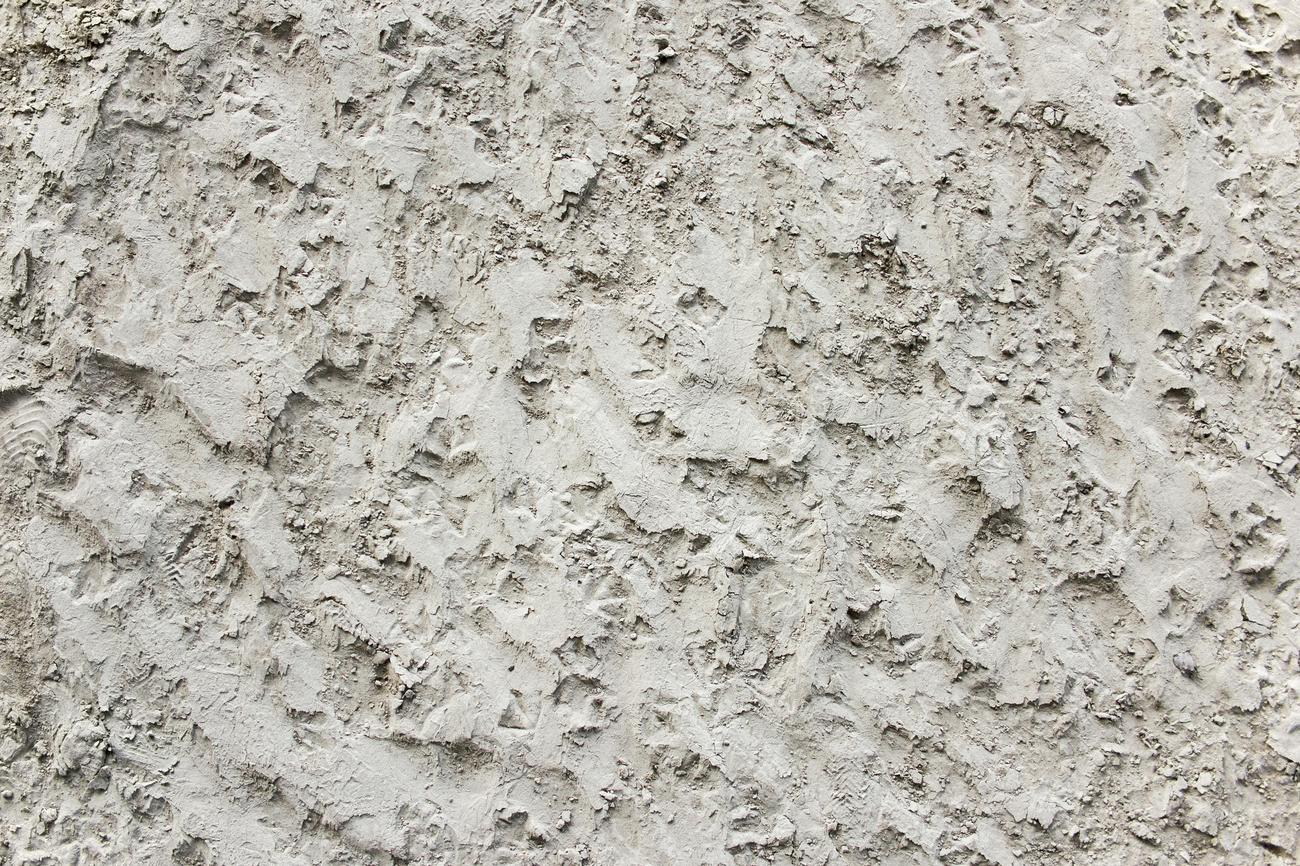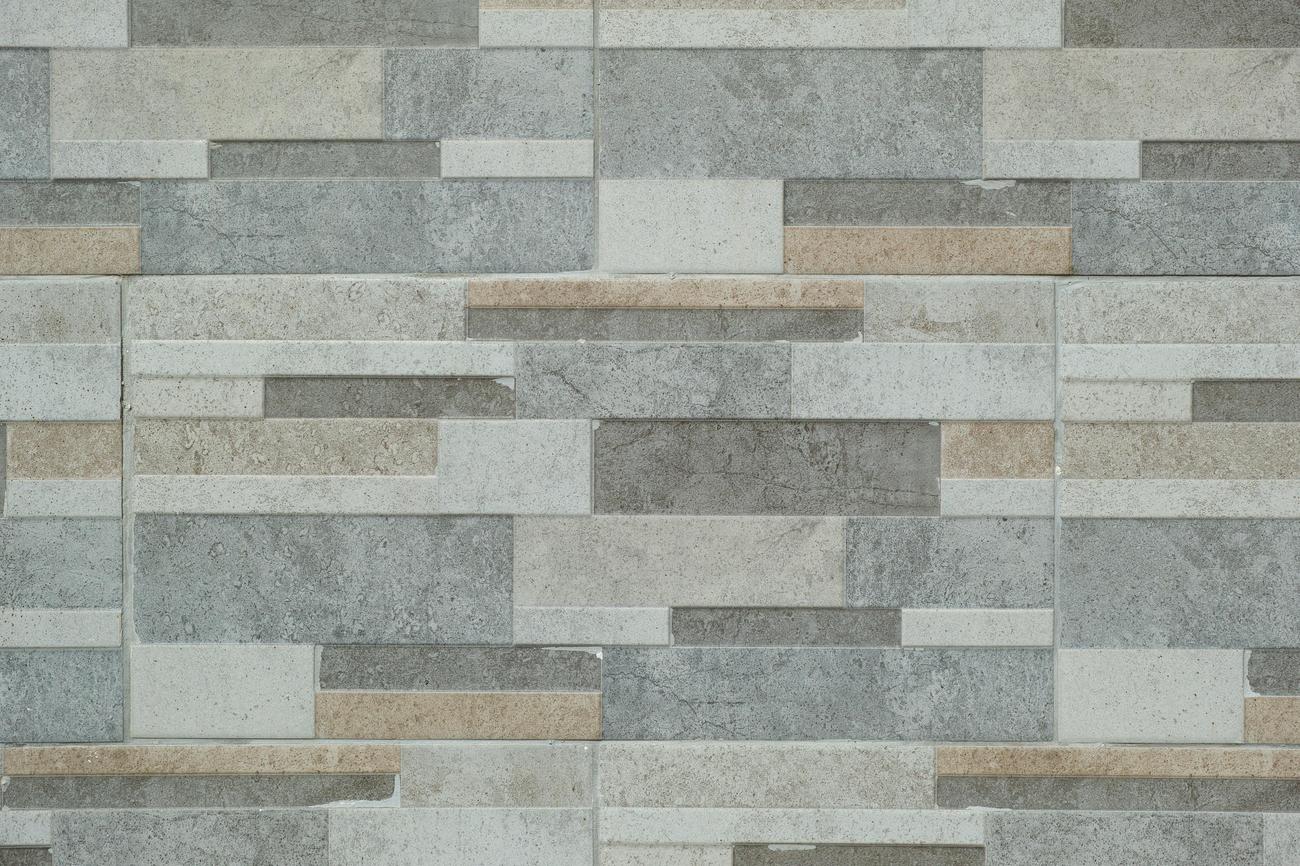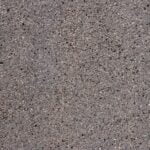Are you ready to dive deep into the mesmerizing world of granite? Brace yourself for an exploration like no other as we unveil the remarkable fun facts about this captivating igneous rock. From its majestic origins hidden beneath the Earth’s surface to its endless array of properties and historical uses, granite is a true marvel of nature. Join me on this enchanting journey as we uncover the ten most fascinating and surprising tidbits about granite, shedding light on the captivating wonders that lie within this extraordinary rock.

What Are Some Fun Facts About Granite: Unveiling the Marvels of this Remarkable Igneous Rock
Granite, with its mesmerizing beauty and intriguing composition, has captivated geologists and architects alike for centuries. Let’s embark on a journey to uncover some fascinating fun facts about this remarkable igneous rock and delve into the marvels it holds.
1. Granite: A Window into the Earth’s Ancient Past
Did you know that granite is one of the oldest rocks on our planet? Some granite formations date back to the Precambrian age, making them over a billion years old! Imagine the stories these rocks could tell if they could speak!
2. Radioactive Granite: Harmless and Beautiful
While it may come as a surprise, granite is actually slightly radioactive. But before you panic, let me reassure you that the levels of uranium found in granite are not harmful to humans. So, you can still admire the beauty of this rock without any worries.
3. Etymology of Granite: A Grainsome Connection
Ever wondered why it’s called granite? The name “granite” originates from the Latin word “granum,” meaning grain. This perfectly describes the rock’s granular texture, created by the interlocking arrangement of minerals within it. It’s like having a collection of colorful grains bonded together to form a solid and stunning masterpiece.
4. A Mosaic of Minerals: Quartz, Feldspar, Mica, and Hornblende
Step closer to a granite slab, and you’ll discover an intricate tapestry of minerals composing this rock. Quartz, feldspar, mica, and hornblende are some of the key players responsible for the unique appearance and qualities of granite. Each mineral adds its own hues and textures, resulting in a visually captivating mosaic.
5. The Birth of Granite: Magma’s Slow Transformation
Have you ever marveled at how granite forms? Well, it’s a tale of transformation deep underground. Granite is a plutonic rock, meaning it forms from slowly cooled magma. As the magma cools over thousands of years, the minerals crystallize and interlock, gradually shaping into the harmonious patterns we see in granite today.
6. Granite’s Robust Nature: Hard as a Rock
If you ever doubted the toughness of granite, think again! Its rating of 7 on the Mohs scale of hardness puts it near the top. With this impressive resilience, granite can withstand the test of time, making it a favored choice for countertops, monuments, and structures that endure for generations.
7. Granite’s Imprint on Iconic Structures
Granite has left its mark on some of the most famous structures around the world. From the pyramids of Egypt to the grandeur of the Mount Rushmore monument, and even the pedestal of the Statue of Liberty, granite has played an essential role in shaping our architectural history. Its strength, beauty, and versatility have made it a treasured resource for centuries.
In conclusion, granite is not just a rock; it’s a testament to the wonders of our natural world. With its ancient origins, unique composition, and remarkable properties, it continues to amaze and inspire us. So, the next time you come across granite, take a moment to appreciate the stories it holds within its grains and the awe-inspiring beauty it brings to our surroundings.
“Each granite slab is a masterpiece, crafted by nature and time, revealing the Earth’s secrets in its intricate patterns and robust structure.”
If you’re looking for some fascinating tidbits about granite, you’re in the right place! Did you know that granite is the result of volcanic activity? It forms when molten rock, or magma, cools and solidifies beneath the Earth’s surface. And here’s another fun fact: granite is one of the hardest substances on Earth, making it an excellent choice for countertops and flooring. If you want to discover more intriguing information about granite, click here: fun facts about granite.
What Are Some Fun Facts About Granite? Whether you’re a geology enthusiast or simply curious about the world around you, the intriguing origins of granite are sure to captivate your imagination. Did you know that this beautiful stone is formed from the slow cooling of magma beneath the Earth’s surface? Its unique composition of minerals gives it a mesmerizing array of colors and patterns. Explore the surprising uses for granite in architecture, from towering skyscrapers to intricate sculptures. Discover how it has been used throughout history and why it remains a popular choice for both interior and exterior designs. Dive into the fascinating world of granite and unlock its hidden secrets. Join us on this exploration by clicking here for more about the intriguing origins of granite!

FAQ
Q: How old is granite?
A: Granite is one of the oldest rocks on the planet, with some formations dating back to the Precambrian age.
Q: Is granite radioactive?
A: Yes, granite is indeed radioactive. However, the uranium count in granite is not harmful to humans.
Q: Why is it called “granite”?
A: The name “granite” comes from the Latin word “granum,” meaning grain. This name is due to the rock’s characteristic granular texture.
Q: What minerals make up granite?
A: Granite is composed of several minerals, including quartz, feldspar, mica, and hornblende.
Q: How does granite form?
A: Granite is a plutonic rock that forms deep underground from slowly cooled magma. This slow cooling process allows for the formation of the large, interlocking crystal structure that makes granite so unique.
- Unlock 6000+ words beginning with he: A comprehensive analysis - April 20, 2025
- Mastering -al Words: A Complete Guide - April 20, 2025
- Master Scrabble: High-Scoring BAR Words Now - April 20, 2025
















